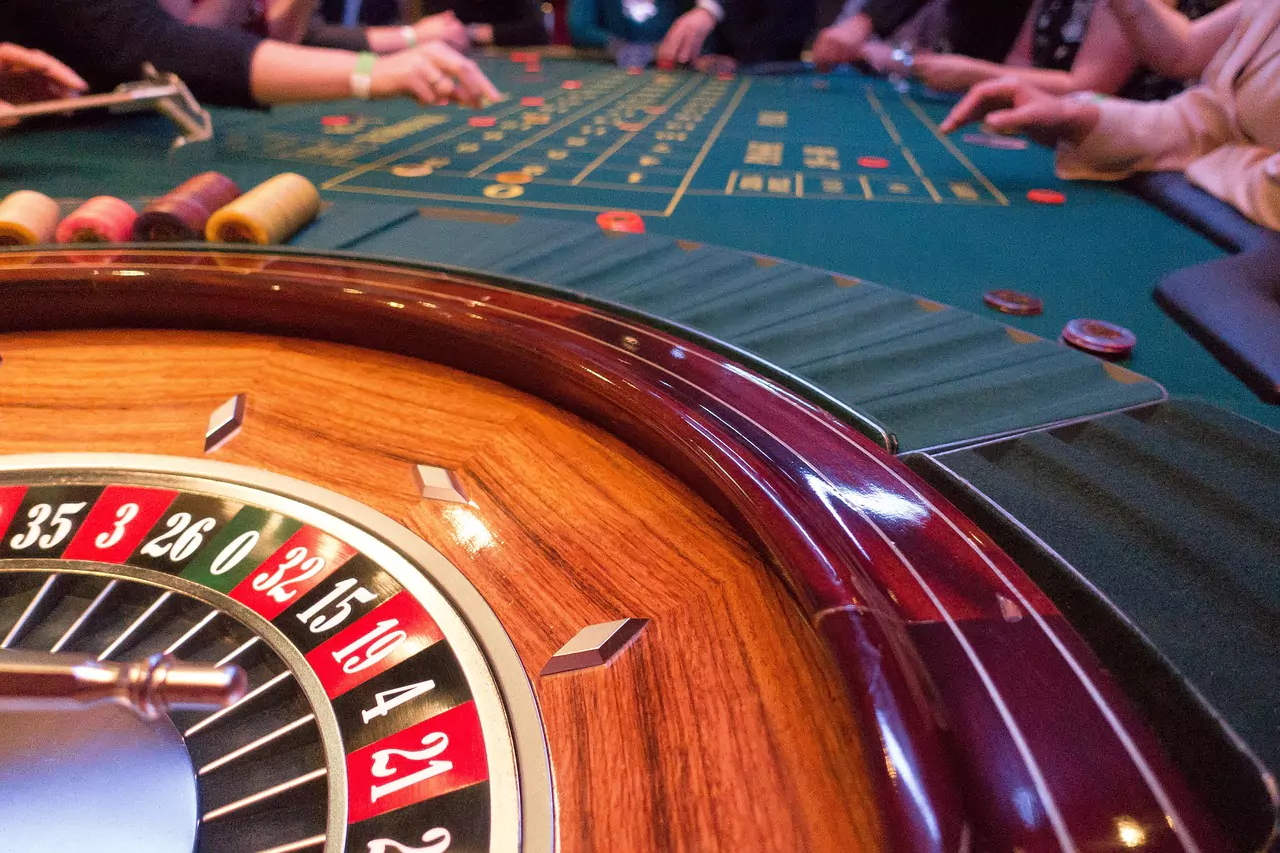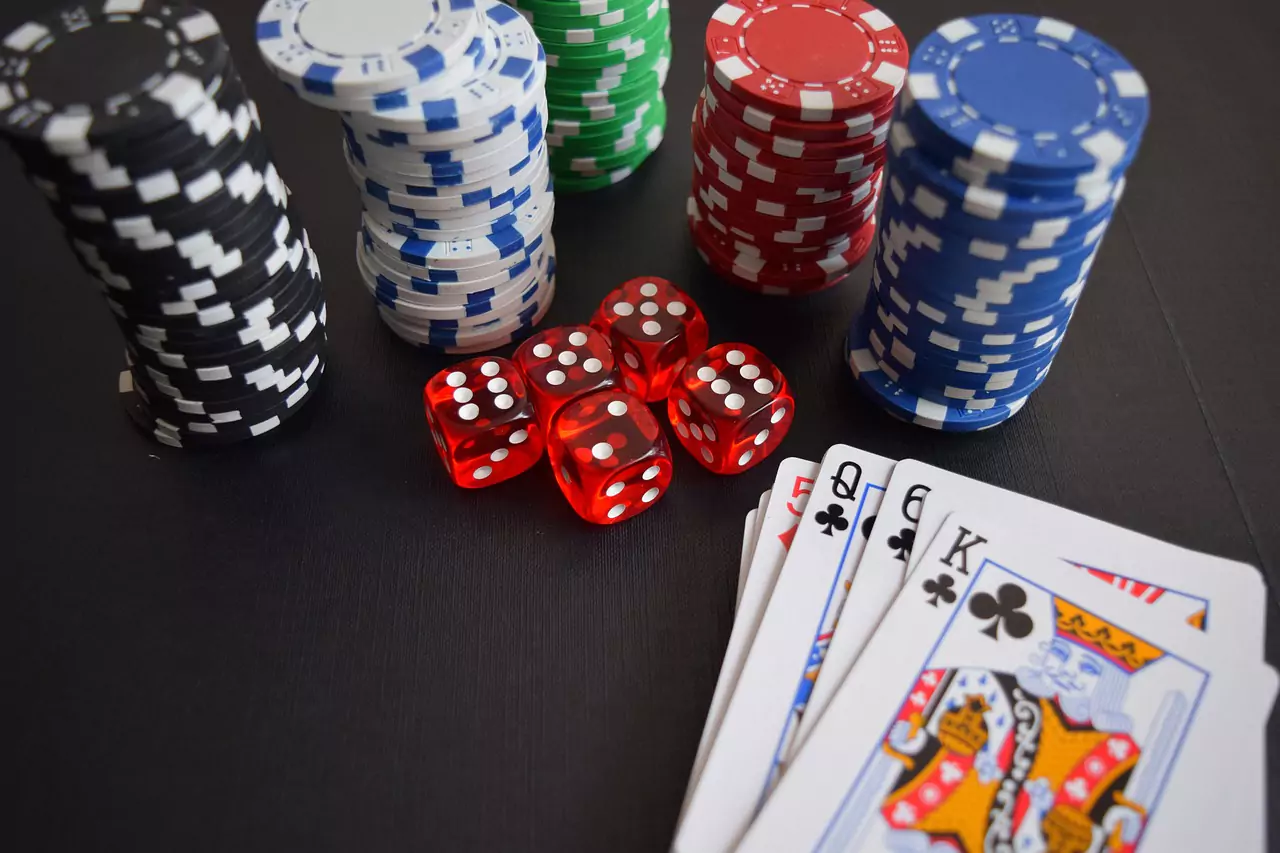In the intricate dance between risk and reward that defines the world of gambling, one silent player holds a pivotal role – the house edge. This exploration delves into the nuanced concept of house edge, unraveling its mathematical underpinnings, exploring its impact on various casinogames, and shedding light on its significance for both players and the gambling industry at large. As players step onto the casino floor or engage in online gaming, understanding the dynamics of house edge becomes not just a matter of chance but a strategic key to navigating the realms of probability.
Defining the House Edge: The Mathematics of Probability
At its core, the house edge is a statistical concept that reflects the advantage the casino holds over players in any given game. Expressed as a percentage, it represents the average amount the casino expects to win from each bet placed over the long term. This mathematical advantage is built into the design of every casino game, creating a delicate balance between chance and the calculated certainty of the house’s triumph.
The Mechanism of House Edge: A Game of Probability
The foundation of house edge lies in probability and the rules governing each game. Whether it’s the spin of a roulette wheel, the draw of cards in blackjack, or the roll of dice in craps, each outcome is governed by probability. The house edge is intricately woven into these probabilities, tipping the scales slightly in favor of the casino. While individual outcomes are unpredictable, the cumulative impact over a large number of bets solidifies the house edge.
Casino Games and Their House Edges: The Uneven Playing Field
Different casino games feature distinct house edges, influencing the overall player experience. In games of chance like slots and roulette, where outcomes are entirely random, the house edge is more pronounced. Conversely, in skill-based games like blackjack or poker, where player decisions influence outcomes, the house edge can be mitigated through strategic play. Understanding the house edge of each game empowers players to make informed choices aligned with their preferences and risk tolerance.
Slot Machines: The Dance of Reels and Algorithms
In the realm of slot machines, the house edge is a silent partner in the dance of spinning reels and vibrant symbols. Modern slots often incorporate complex algorithms and random number generators (RNGs) to determine outcomes. The house edge in slots can vary widely, with factors like the number of reels, paylines, and bonus features influencing the overall odds. While slots are known for their entertainment value, players should be mindful of the inherent house edge that contributes to the casino’s profitability.
Roulette: The Wheel of Fortune and Probability
Roulette, with its iconic wheel and numbered pockets, epitomizes the interplay of chance and house edge. The house edge in roulette is largely determined by the presence of the green “0” (and “00” in American roulette) on the wheel. While players may bet on specific numbers, colors, or groups of numbers, the inclusion of the green pockets tilts the odds in favor of the casino. Understanding the different roulette variants and their house edges enables players to make informed betting decisions.
Blackjack: Skill versus Chance in the Battle for 21
In the realm of card games, blackjack stands out as a strategic battleground between players and the house. The house edge in blackjack is influenced by factors such as the number of decks in play, the dealer’s rules, and the skill level of the player. Knowledgeable players who employ optimal strategies can significantly reduce the house edge, making blackjack a game where skill can tip the scales in favor of the player.
Craps: The Dice Speak Volumes in the Game of Rolls
Craps, a dice-centric game of chance, unfolds with a cacophony of rolls, bets, and cheers. The house edge in craps varies based on the type of bets players choose. While some bets offer relatively low house edges, others come with higher probabilities of winning but at the cost of a more substantial house edge. Players navigating the craps table benefit from understanding the diverse betting options and their corresponding house edges.
Poker: The Strategic Symphony of Skill and Luck
Poker, a beloved card game celebrated for its strategic depth, introduces a unique dimension to the concept of house edge. Unlike other casino games, poker pits players against each other rather than against the house. The casino earns its revenue through a rake, a small percentage taken from each pot. Understanding poker’s house edge involves recognizing the role of skill in influencing outcomes and the impact of the rake on overall profitability.
Sports Betting: Odds, Wagers, and Bookmaker Margins
In the realm of sports betting, the house edge takes the form of the bookmaker’s margin. Bookmakers adjust odds to ensure they make a profit regardless of the outcome of a sporting event. Understanding the concept of the “vig” (vigorish), the built-in percentage that ensures the bookmaker’s profitability, is essential for sports bettors seeking to make informed wagers. Successful sports betting involves not only predicting outcomes but also navigating the bookmaker’s margin.
Navigating the House Edge: Strategies for Informed Play
While the house edge is an inherent part of casino gaming, players can employ strategies to enhance their chances of success. For games of chance like slots and roulette, managing bankroll and setting limits can help mitigate losses. In skill-based games like blackjack and poker, mastering optimal strategies and understanding the nuances of each variant can give players a competitive edge. Additionally, exploring games with lower house edges provides an avenue for those seeking a more favorable playing field.
The Impact of House Edge on the Gambling Industry: Balancing Act
For the gambling industry, the house edge is a fundamental element of economic sustainability. It ensures that casinos and online platforms can operate profitably while offering a diverse range of entertainment options. Striking a balance between a reasonable house edge and providing an engaging player experience is a delicate act that requires constant adaptation to industry trends and player expectations.
Conclusion: House Edge as the Silent Architect of Probability
In conclusion, the concept of house edge serves as the silent architect shaping the landscape of probability in the world of gambling. Understanding its presence and influence is not about defying the odds but rather navigating the realms of chance with informed choices. Whether spinning the reels, rolling the dice, or strategizing at the card table, players and the gambling industry alike engage in a perpetual dance with probability, where the house edge plays a defining role in the intricate balance between risk and reward.

